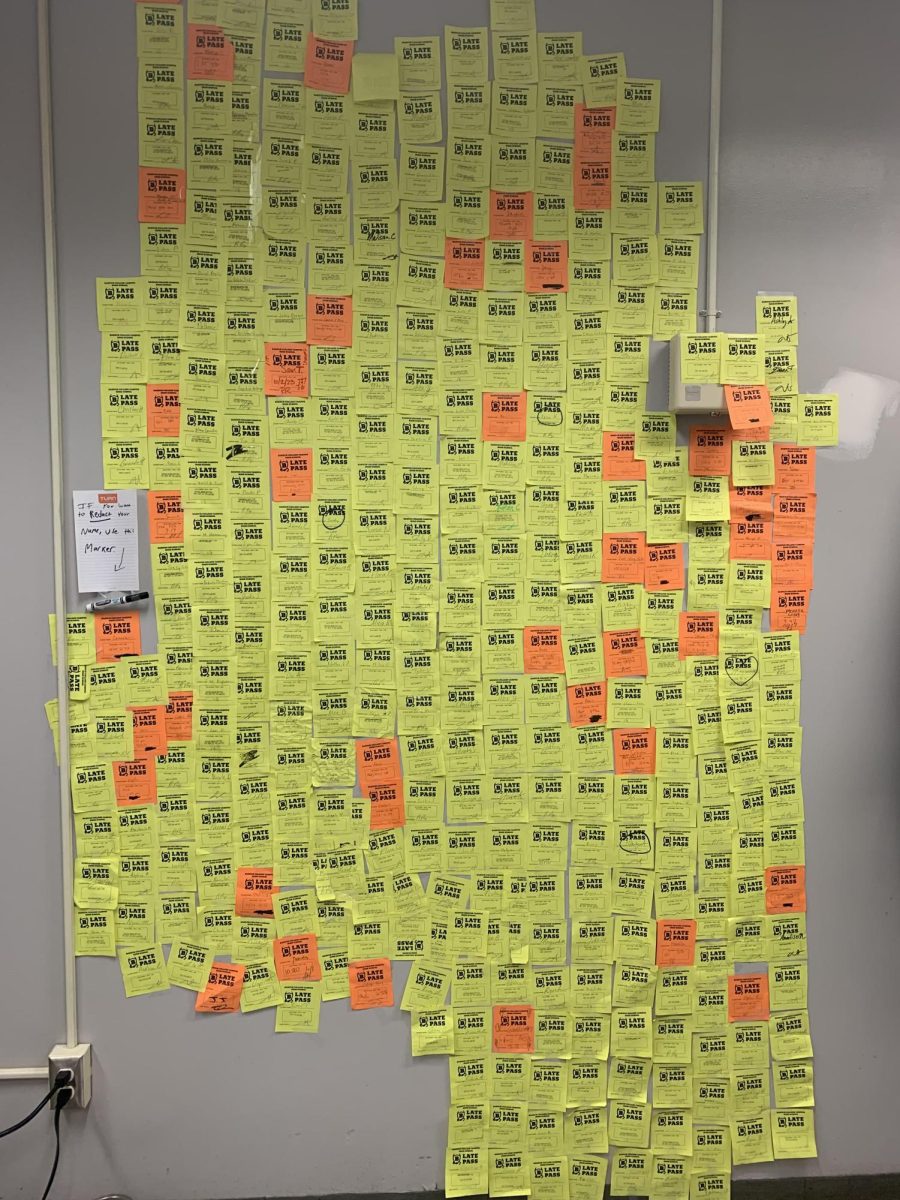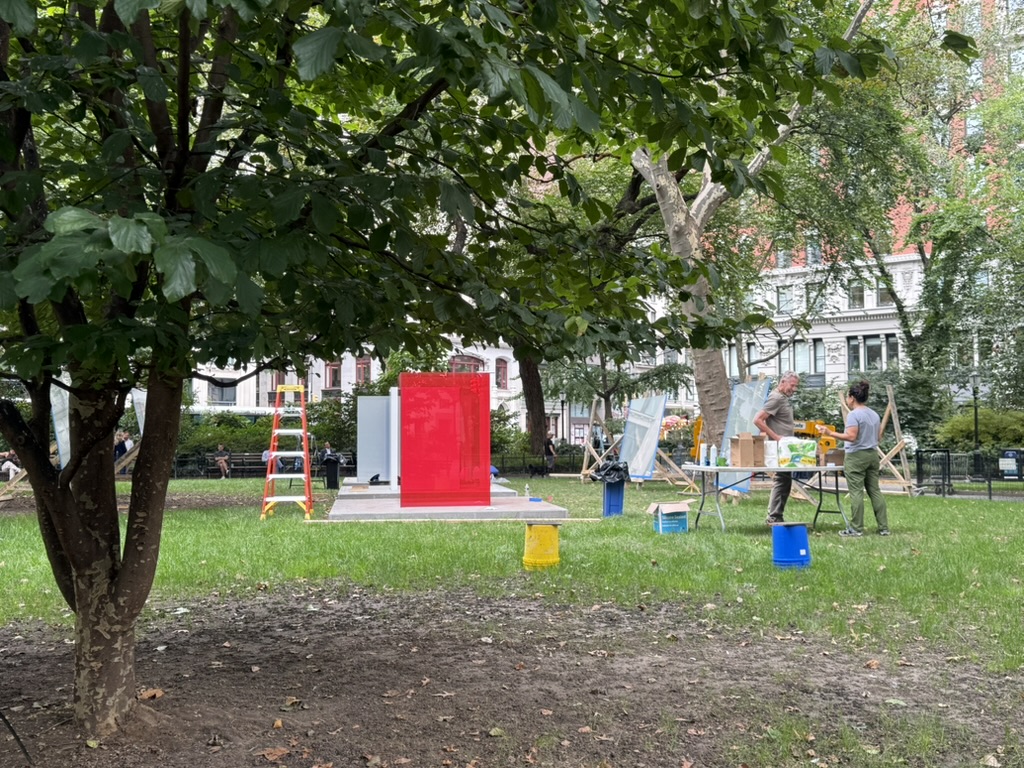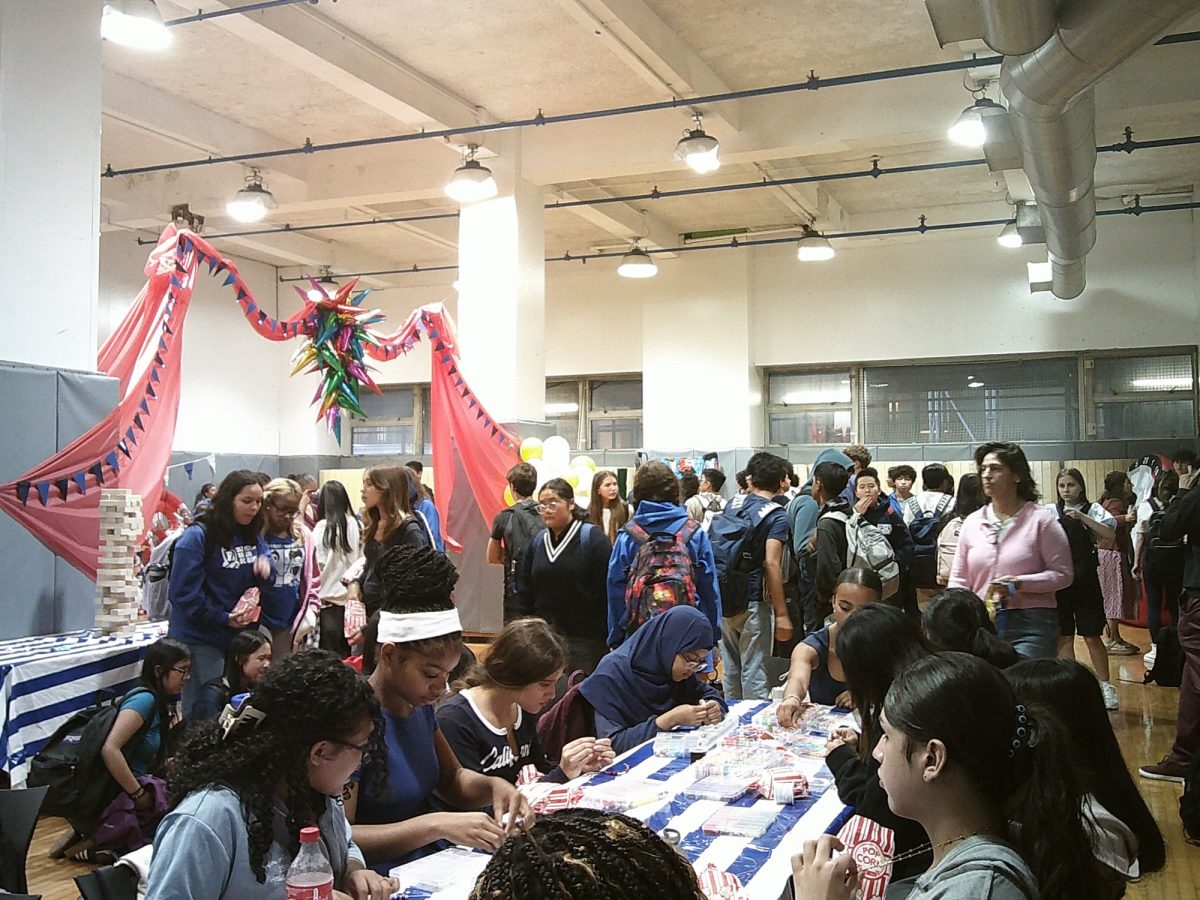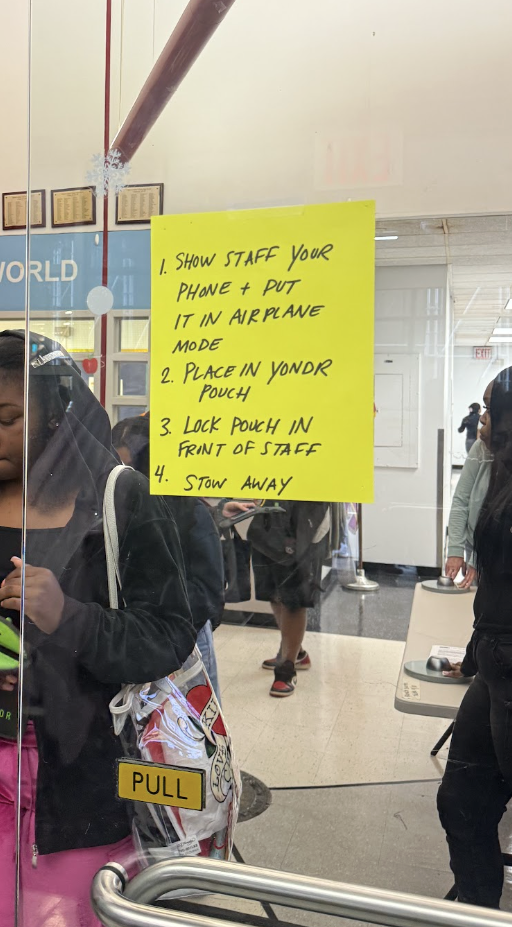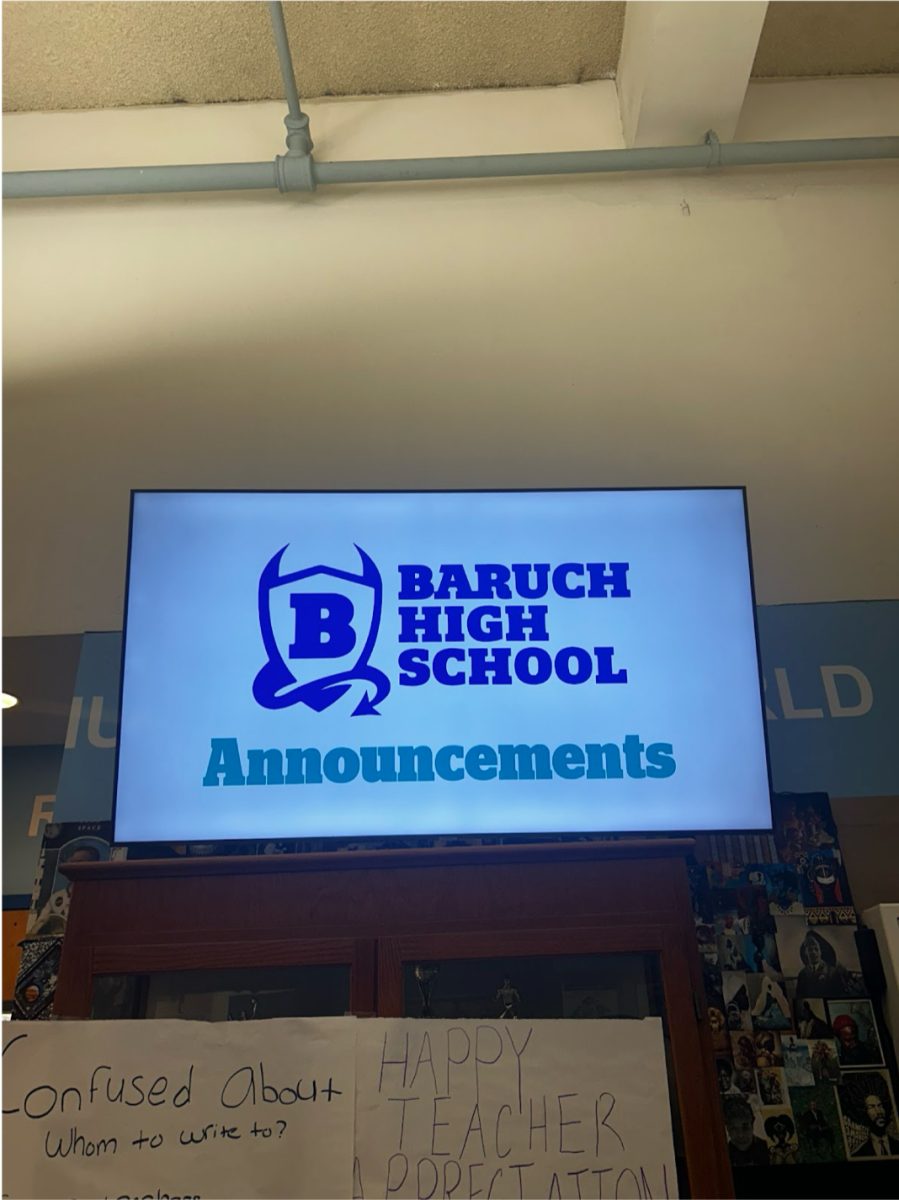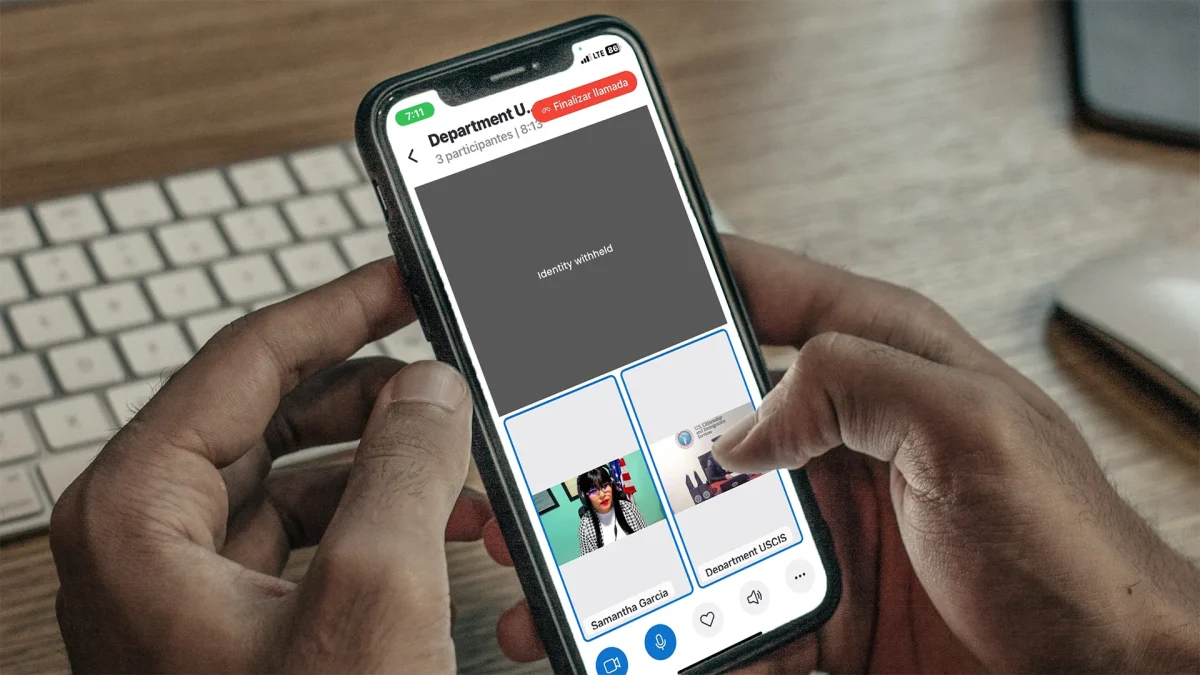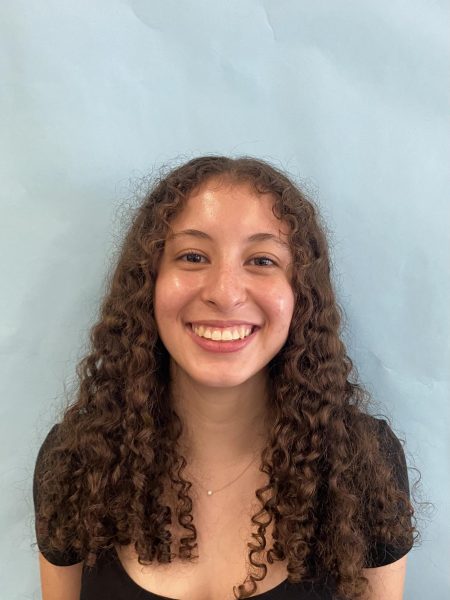Every morning, senior Elaina Kalaitzis begins her daily commute from Queens to Baruch College Campus High School by entering her local F train station. This ride alone will take Kalaitzis over half an hour, an extended time when accounting for the distance from the station to the school. Long commutes – like the one presented by this senior – now act as yet another stress factor for Baruch students due to the newly implemented lateness policy.
The opening of this school year has come with a number of policy changes or enactments; however, the new lateness policy which requires students to take accountability for their tardiness in the form of a late pass has stood out most to a large number of Baruchians. In the first week of school, advisories announced that all late students must go to the office to obtain a late pass if they were late coming to school or going to another class.
Due to the pandemic, schools across the country relaxed rules on lateness and absences, but in a time where COVID-19 has almost fully passed over measures such as the one Baruch has made are being implemented. But is Baruch’s new policy really helping combat the issue of student tardiness?
Mike Breman, the newly-appointed dean and physical education teacher, is in charge of overseeing student detentions—another new Baruch policy and the current consequence for repeated lateness. Breman said he fully supports the new policies and how they hold students accountable for their attendance.
Breman said “I actually really like it” when addressing other additions to Baruch such as showing your Baruch ID when entering and exiting the building and the late pass as these measures advocate for student safety.
Breman has noticed a decrease in students’ latenesses after the first week of the new rules being put into action.
“Overall, students are getting to class on time,” he said.
Going to the office to get a late pass is a hassle to most – the method encourages students to avoid coming late so they don’t have to get one. However, this is also a downside to the bright orange and yellow passes – students have spoken out about the time it takes to get a late pass, saying it makes them even more tardy.
“The one problem I’ve heard from students is that in the five-to-ten-minute late window, a line starts developing to get a pass,” said social studies teacher Aaron Sparrow.
This may result in students missing a significant amount of class time. Sparrow said the purpose of the late pass is to hold late students accountable and the recurring issue noticed is not the intended goal of the policy.
Some question the late pass’s necessity. Attendance is taken each period and the new advisories have been shaped into a homeroom environment where the main focus is to take attendance. Many students are confused by the purpose of late passes when other methods will indicate their lateness without them having to get a pass. In all, implementing late passes has encouraged students to be on time but many Baruchians see flaws at the core of the system in place. Although it may be hard to get used to, from now on students like Kalatzits may have to wake up earlier.


